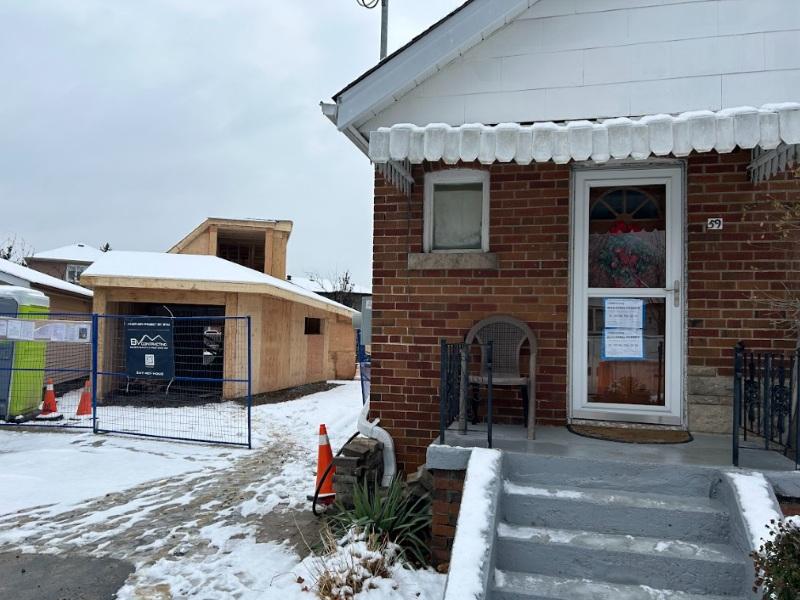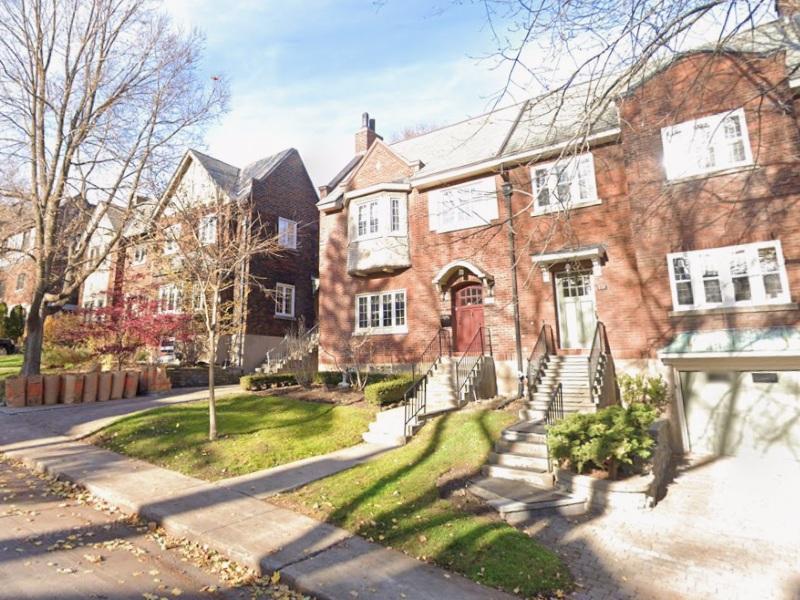
As wildfires grow more frequent and powerful in Canada, a report from the Intact Centre on Climate Adaptation lays out a series of preventive activities for homeowners and communities to minimize fire risks.
Illustrated with infographics and aimed at simplicity, the goal is to “put a lot of the relevant research and best practice guidance all in one place, so it would be easier for people to understand risk and take action,” according to Cheryl Evans, the director of flood and wildfire resilience at the Intact Centre on Climate Adaptation, and co-author of the report.
The first set of tips cover how to create a cost-effective, fire-resilient home environment, ranging from clearing flammable debris to simple upgrades.
A second set of advice provides information for a wildfire-ready community, urging frequent maintenance and preparation.
“The whole point is to help people understand that the main thing you need to do is get started today,” she said.
The rising risk of wildfire across Canada
Citing the Canadian Interagency Forest Fire Centre, the report states Canada’s 2023 wildfire season shattered records, burning approximately 18.5 million hectares – more than double the previous record in 1995.
Climate change is implicated as exacerbating wildfire risk because it makes hot, dry and windy conditions more frequent. The wildfires generate a feedback loop of global warming as they sweep through forests and grasslands, releasing more greenhouse gases that further warm the planet.
The wildfires destroy critical infrastructure, devastate the natural environment, pose a threat to human health and cause billions in damages. Studies referenced in the report found Canada will need to double its current fire suppression budgets by 2040 if current trends continue, to maintain the same level of protection.
By proactively responding to wildfire risk, however, the report states Canadians can learn to live with the threat.
Building wildfire-resilient homes
An easy way to prepare for wildfires, Evans said, is to consider that 50 per cent to 90 per cent of houses destroyed by wildfires are ignited by embers.
Tenants and homeowners can protect against the embers with relatively inexpensive, do-it-yourself actions to address easily flammable materials on the property by mowing the lawn, removing debris from gutters and relocating firewood 10 metres away from the house.
Some intermediate steps include adding a non-combustible three-millimetre screen to all external vents (except dryer vents) and replacing worn or missing weather stripping on all doors.
More complex, higher-cost upgrades include installing: fire-rated materials for the roof covering; non-combustible siding; multi-pane or tempered glass windows; and exterior fire-rated doors.
Replacing housing materials with more fire-resistant options can reduce wildfire risk by up to 40 per cent, according to a referenced study. The figure can rise to 75 per cent by updating building materials and creating a fire-resistant landscape up to 10 metres away from the home.
Preparing for wildfires can pay dividends, the report states, "when collective costs to homeowners, municipalities and utilities are taken into consideration."
A study cited in the report found wildfire-ready home retrofits for building materials save $14 per $1 invested, and $32 for every $1 invested into landscaping. For new construction, non-combustible materials save $34 for every $1 invested, while every $1 put into landscaping saves $93.
Supporting a wildfire-ready community
It is also crucial to develop a community that is prepared for wildfires, the Intact Centre writes. Wildfires ignore boundaries and wildfire-resistant communities recover quicker and sustain less damage.
And once again, wildfire preparations taken by communities can save money. Every $1 for wildfire resilience into a community saves $14; nature-based solutions return $100 for every $1, the report claims.
The Intact Centre recommends:
- wildfire-ready structures and infrastructure, such as installing or replacing landscaping with fire resistant materials within 10 metres of structures and infrastructure;
- wildfire-ready community design, like requiring a minimum of a 10-metre setback from the crest of a hill to limit spread of fire to structures; and
- having the resources for an adequate emergency response such as sufficient water supplies, completing emergency planning and designating at least one emergency shelter.
Steps for the future
To acclimatize to the new reality of wildfires, the Intact Centre recommends more wildfire education from the federal government, supporting Indigenous-led research on wildfires and development of simple risk assessment tools.
Evans said the building industry must understand best practices for wildfire resilience.
“We don’t have wildfire resilience baked into the national or model building code at this point in time,” she said.
Builders, developers and contractors must get better training to understand the best practices, and convey their knowledge to clients involved in retrofits and developments, Evans said.
The insurance industry can seek out and share more resources with clients to take preventive action, she added. Brokers can inform people about municipal subsidies to improve roofing, or trimming trees to reduce risk, for example.
Some insurance companies offer discounts for clients who reduce wildfire risk, which Evans said is a potential incentive to encourage preventive action.










